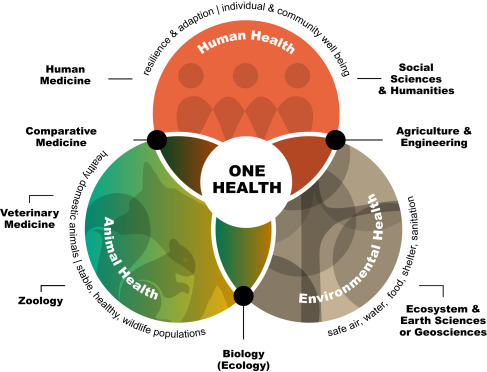Additive Manufacturing Materials and Technologies, 3D Printing in Biotechnology, Elsevier, 2024, Pages 181-190
This chapter aligns with SDG Goal 3: Good Health and Well Being by discussing the environmental, economic, and social sustainability potential of 3D printing in biotechnology to provide a comprehensive understanding of this novel technology.
Artificial Intelligence in Clinical Practice, How AI Technologies Impact Medical Research and Clinics
2024, Pages 395-399
Translational Sports Medicine
Handbook for Designing and Conducting Clinical and Translational Research
2023, Pages 513-518
Psychosocial Experiences and Adjustment of Migrants, Coming to the USA. 2023, Pages 391-418
Overcoming Obstacles in Drug Discovery and Development, Surmounting the Insurmountable—Case Studies for Critical Thinking 2023


